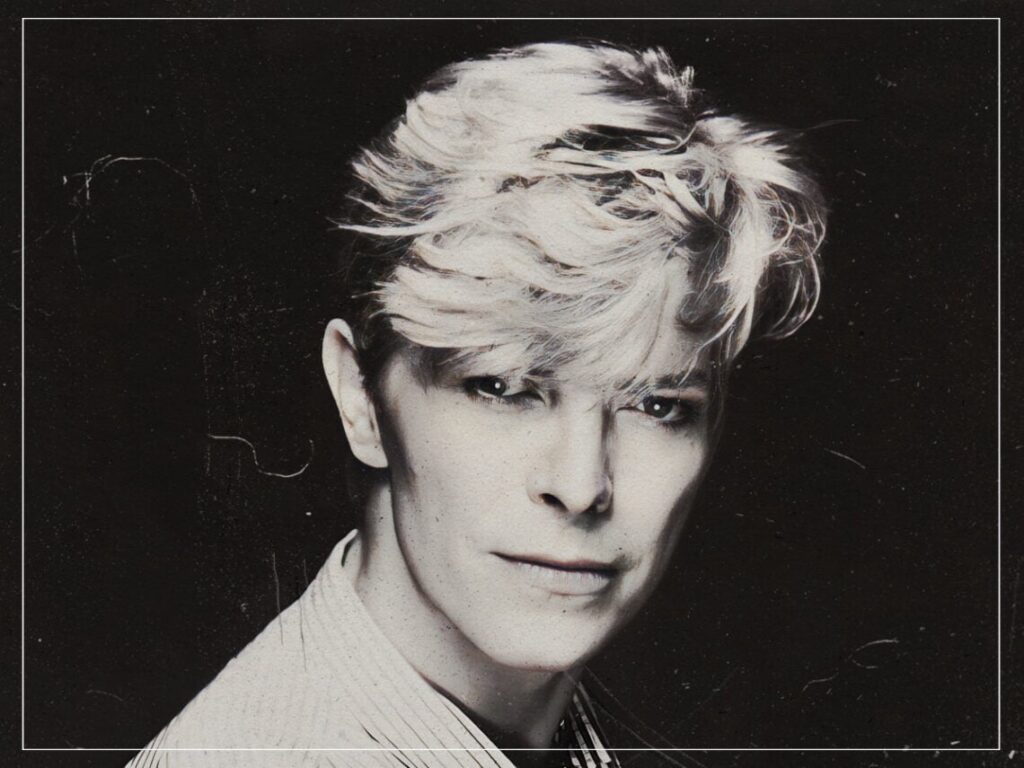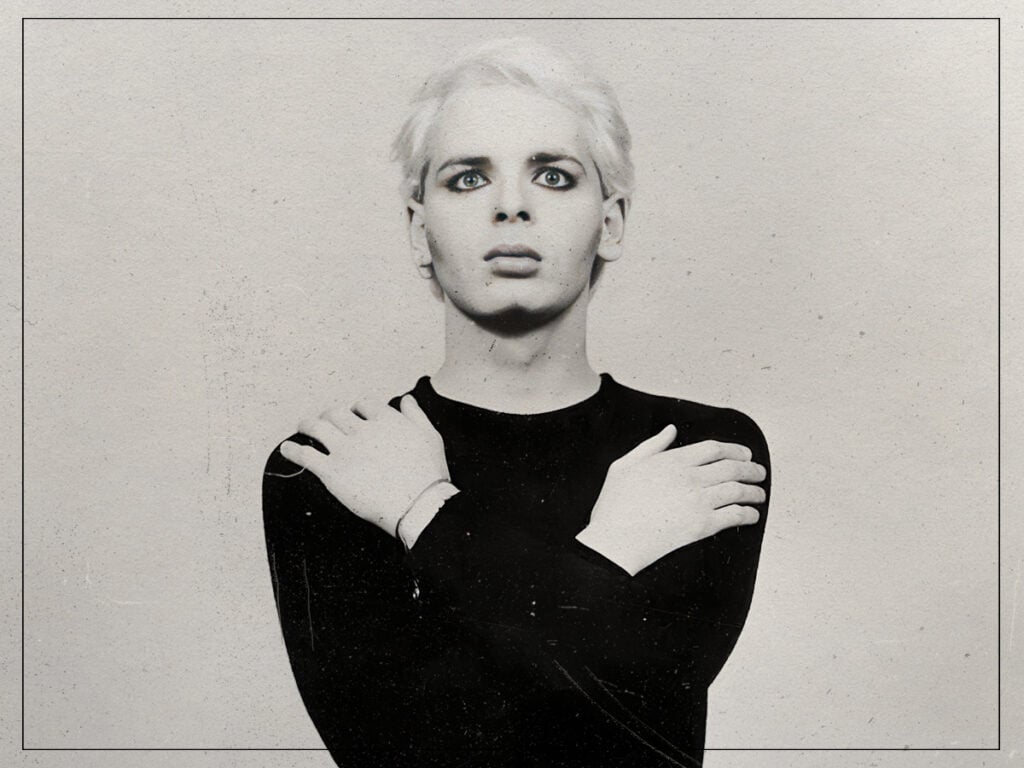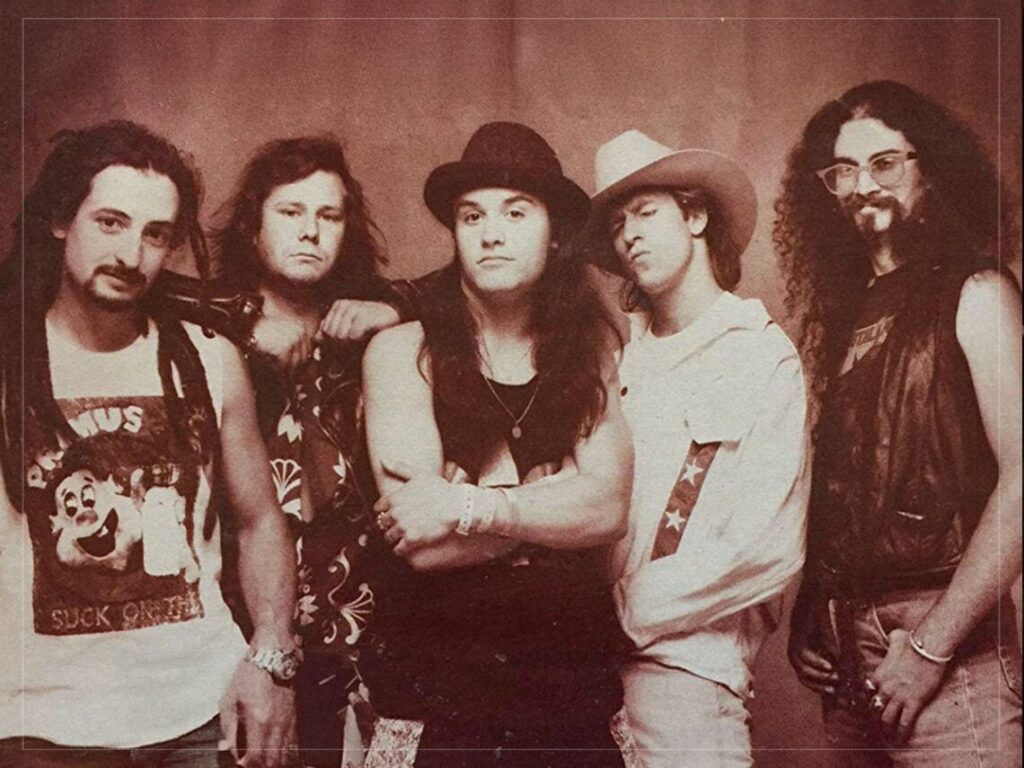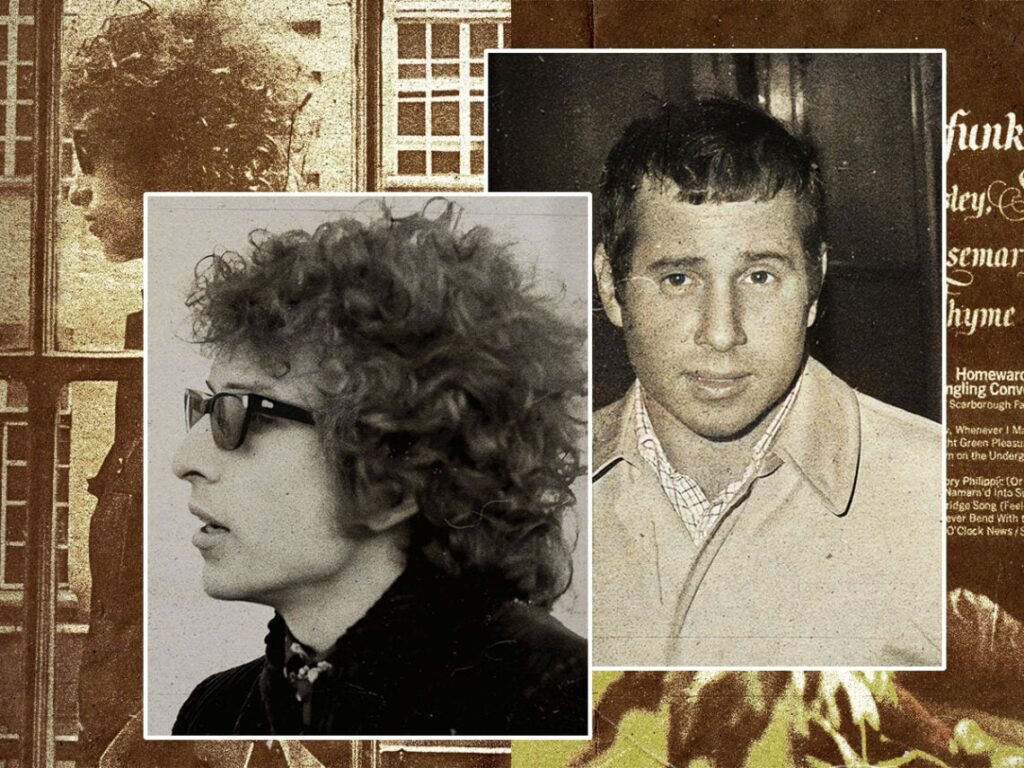The song David Bowie used to insult Gary Numan: “A broken-nosed mogul”
 Posted On
Posted On
(Credits: Far Out / EMI America)
As an accomplished painter, mime artist, actor, and songwriter, David Bowie epitomised mercurial talent. He seemed like the kind of artist so assured in his brilliance that jealousy of other musicians would never cross his mind. Bowie’s confidence appeared to radiate from everything he did, strutting through public life without a trace of envy. Yet, remarkably, this perception couldn’t be further from the truth, with one song, in particular, revealing the vulnerability of his ego.
The timing of Bowie’s insecurities also arrived at a peculiar moment, as ‘The Thin White Duke’ was still firmly at the peak of his powers and needn’t worry about anyone stealing his throne at the top of the table. Like John Lennon before him, who would recoil at the thought of inauthenticity, Bowie felt like he had a nose that could sniff out any pretender in the vicinity, and it seemed he was ready to use it. If Bowie laid eyes on a talent that he perceived to lack the same genuine touch as him, he held no qualms about letting people know of his disdain.
Bowie’s 1980 record, Scary Monsters (and Super Creeps), is up there with anything else he made throughout his career, and it saw the star begin to exert his upcoming pop muscles. Bowie’s identity had morphed, and the musical landscape had drastically changed from when he first arrived in the minds of the general public. On ‘Teenage Wildlife’, taken from the album, he fired shots at one young upstart who had shot to hysterical levels of fame within a very short amount of time — Gary Numan. The electro pioneer had begun even to outsell Bowie.
The track sees a bitter Bowie sing: “A broken-nosed mogul are you, One of the new wave boys, Same old thing in brand new drag, Comes sweeping into view, As ugly as a teenage millionaire, Pretending it’s a whiz-kid world.” For many, the track operated as Bowie hitting his mid-life crisis in the most unusual of ways. Despite the cantankerous nature of its conception, it is among the best tunes on the album.
During an interview around the release, Bowie commented on Numan and explained his distaste for the singer. “What Numan did he did excellently but in repetition, in the same information coming over again and again, once you’ve heard one piece,” he harshly noted.

Bowie continued: “It’s that false idea of hi-tech society and all that which is… doesn’t exist. I don’t think we’re anywhere near that sort of society. It’s an enormous myth that’s been perpetuated unfortunately, I guess, by readings of what I’ve done in that rock area at least, and in the consumer area television has an awful lot to answer for with its fabrication of the computer-world myth.”
However, Bowie didn’t just let his music do the talking when it came to his opinion of Numan, and he even got him removed from a TV show. Speaking to Uncut, Numan later remembered: “In the ’80s, I did the Kenny Everett show and Bowie was on, too. I was a massive fan, I had seen him countless times; I had an embarrassing array of bootlegs. The chance to even be remotely near him was an honour. But he asked for me to be thrown out of the studio and then taken off the programme, which was very disappointing”.
“But as the years have gone by,” he continued. “I understood far more the way he saw things then. He was still a young man, with ups and downs in his own career, and I think he saw people like me as little upstarts. But later he said some nice things about me, so that made the whole thing better!”
This kind of behaviour from Bowie is a far cry from what you’d expect from him, and the influence that he had on Numan should have been something that he took pride in rather than growing resentful about the success of one of his super-fans. Making references to him in ‘Teenage Wildlife’ is one thing, but removing him from The Kenny Everett Show speaks volumes about Bowie’s fragile frame of mind at this point more than anything else.
The reality is that as the new decade arrived, Bowie faced a whole new world of problems. His position in the 1970s was hard fought for but somewhat assured. He was the outsider artist capable of driving mainstream fandom. But the new decade was a changing of the guard, and his throne suddenly seemed under threat. Was it right that he took his worries out on Gary Numan? No. Did we still get a stellar song out of it? Yes.
[embedded content]
Related Topics


